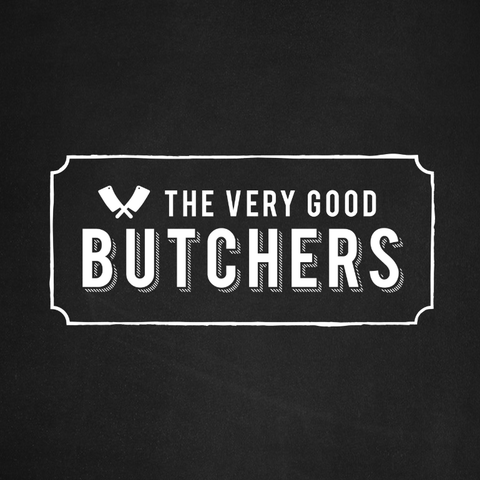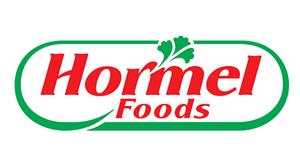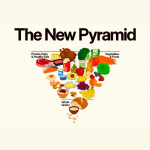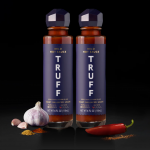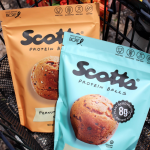The Checkout: The Very Good Food Company Secures Capital To Keep Doors Open; Hormel Reports Second Quarter Earnings
Welcome to The Checkout: an express lane for the weekly news you need to know, always 10 items or less.
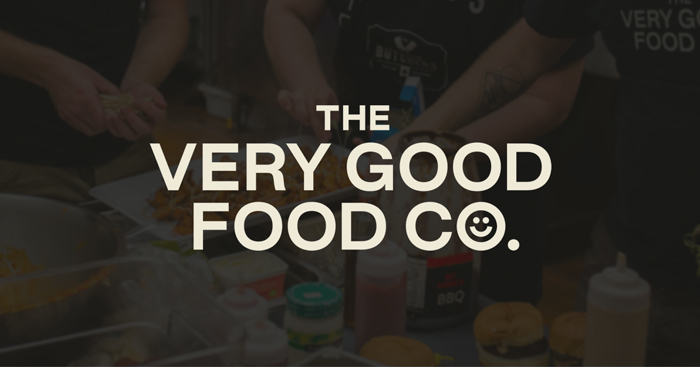
The Very Good Food Company Raises $6.5 Million To Keep Business Alive
Plant-based food tech company The Very Good Food Company announced today that it has closed a $6.5 million private placement round to go toward “general working capital purposes.” H.C. Wainwright & Co. served as the exclusive placement agent for the deal.
The news comes after the Canada-based company saw a significant, continued drop in revenue last quarter. At the time, the company’s management team said it needed more capital to keep the business running for the next 30 days and, in addition to securing more debt or equity financing, it was also disposing of equipment and ingredients to cut down operating expenses.
“This financing provides us with additional runway as we continue to aggressively implement our rightsizing and optimizing initiatives,” said Matt Hall, Very Good’s interim co-CEO, in a press release. “We will continue to dedicate our efforts to creating a path to profitability and to transitioning VERY GOOD into a company that can live up to its product and brand reputation.”
The Canada-based company, which is the parent to brands The Very Good Butcher and The Very Good Cheese Company, saw a 24% decline to CA$2 million in overall revenue, on a year-over-year basis and 53% drop compared to results from the prior quarter. The company said a significant portion of the decline was due to an expected drop in e-commerce sales and noted that the company has shifted its strategy away from new online consumer acquisitions to focus on its strong performance in wholesale.
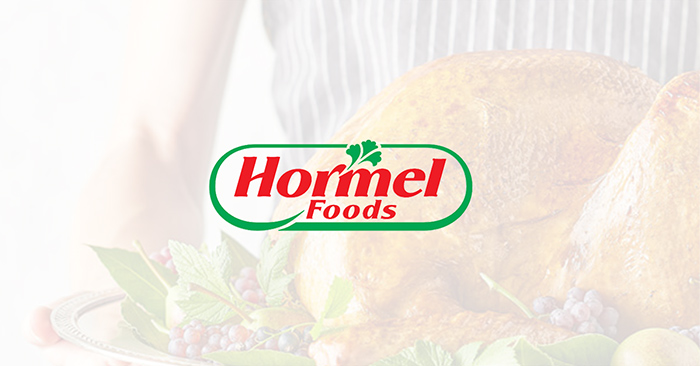
Hormel Sees Sales Increase In Q2, Despite Bird Flu And Inflationary Pressures
Hormel reported on Thursday that sales increased 18% year-over-year to nearly $3.1 billion in Q2 2022, showing the company is adapting to the inflationary environment and an outbreak of Highly Pathogenic Avian Influenza (HPAI) in some of its Jennie-O brand turkey flocks.
Company executives attributed the robust earnings to strategic price increases and the continued success of its integration of Planter’s, which was acquired from Kraft-Heinz in June 2021.The peanut snack brand accounted for $239 million in sales during Q2.
Operating margins were down to 10.8% compared to 11.1% in Q2 2021 with Hormel reporting operating cash flow for the second quarter increased 24% to $193 million bringing its first half of 2022 total to $577 million. Grocery product sales were up 39% but segment profits lagged by 9% as a result of inflationary pressures and high avocado pricing affecting the company’s MegaMex brand.
Input costs of raw materials, labor shortages, and freight continue to drag on profits but the company is seeing positive trends in staffing levels and expects stabilization as supply catches up to consumer demand, said CFO Jacinth Smiley.
“The second quarter marked our sixth consecutive quarter of record sales, and we achieved earnings growth for the third consecutive quarter,” President and CEO Jim Snee said in prepared remarks. “As we continue to operate in this highly inflationary environment, we will remain focused on improving our supply chain performance, maximizing promotional effectiveness and mix, and, where necessary, taking additional pricing actions to mitigate persistent inflationary pressures.”
During the Q&A portion of the call, analysts asked Snee if Hormel’s future pricing strategy will be influenced by the recent announcement by Walmart that consumers are trading down to private label items in the deli, lunch meat and bacon categories. Snee said the company is leaning on the balance of brands across its portfolio to cater to both value and premium consumers and is taking a thoughtful approach to more price increases as the company forecasts the economic uncertainty in the second half of the year.
Snee also warned that the severe weather in early May and HPAI will leave “large supply gaps” in Jennie-O Turkey Store branded products and sales volumes could decline by 30% moving into the third quarter, Smiley said during the call. Even still, Jennie-O Turkey saw sales rise 16% providing a nearly 400% segment profit increase during the quarter.
In late March, Hormel’s Skippy brand issued a voluntary recall of 9,353 cases of Reduced Fat Creamy Peanut Butter Spread, Reduced Fat Chunky Peanut Butter Spread and Creamy Peanut Butter Blended With Plant Protein over concerns that some jars might contain a small fragment of stainless steel from a piece of manufacturing equipment. Company executives did not address the recall during the earnings call.
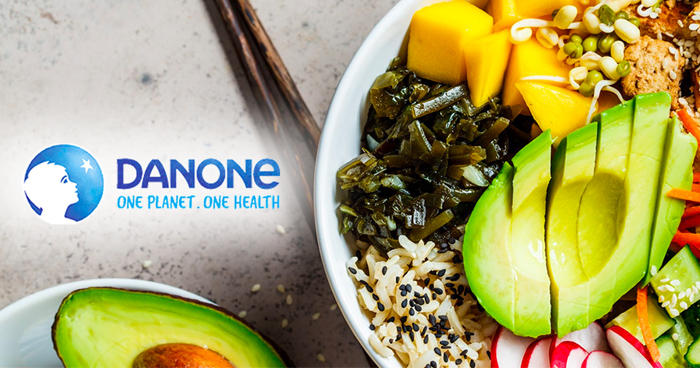
Danone North America Commits To No Waste To Landfills, By 2025
Danone North America announced a new commitment this week to eliminate all waste that typically ends up in landfills from all of its production facilities by 2025.
Danone said it has reduced landfill waste by 15% so far and will continue to pursue it by setting new, company-wide standards for recycling and waste reduction via updated processes and increased education implemented at all of its manufacturing facilities.
“When our [Ohio] plant achieved Zero Waste to Landfill in 2020, the full force of our facility and local community came together to support a culture of waste reduction and redistribution,” said Elizabeth Masteller, Environment Health & Safety Manager at Danone North America’s Minster, Ohio plant, in a press release. “In 2021 alone, we sent more than 2,500 tons of waste to ShurGreen Farms to be transformed into renewable energy, crop nutrition, and animal feed, while repurposing product packaging. This is an eye-opening amount of waste diverted from landfills, and a further step in our company’s One Planet. One Health frame of action.”
In 2020, less than 5% of Danone North America’s manufacturing waste ended up in landfills and once its Zero Waste to Landfill status is fully achieved by 2025, less than 1% will be sent to landfills.


